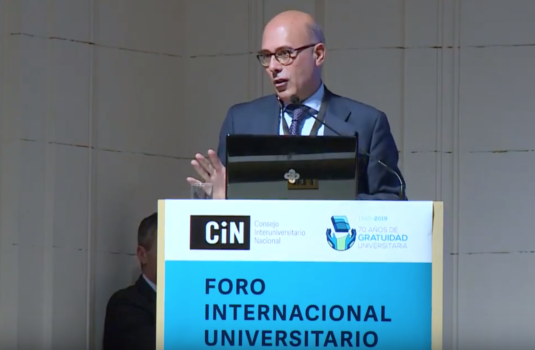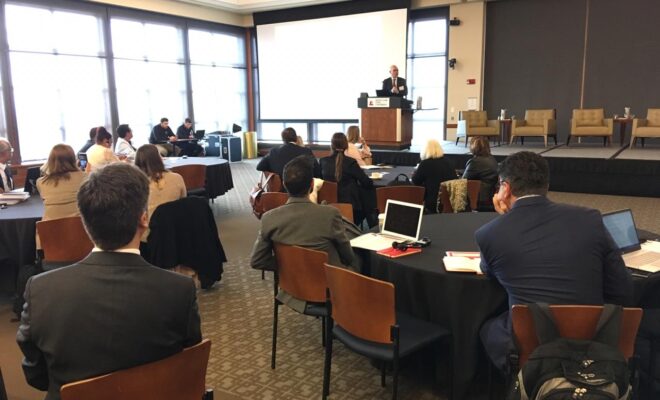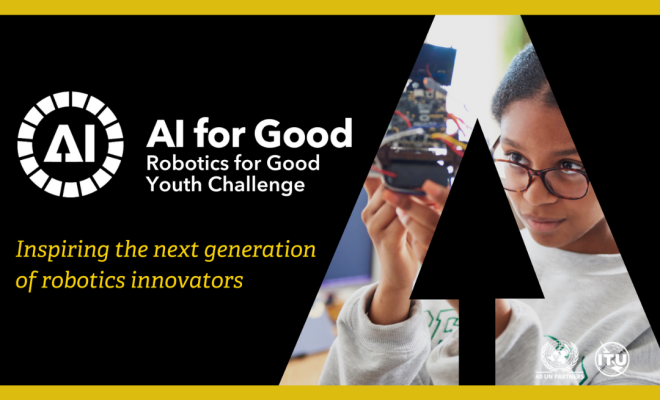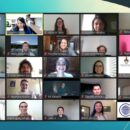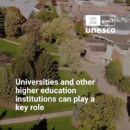UNESCO IESALC report reveals that access to higher education increased from 19% to 38% in the last two decades

- Men’s enrolment increased from 19% to 36%, while women’s enrolment went from 19% to 41%, becoming the main beneficiaries of increased access to tertiary education worldwide.
- The poorest population continues to lag behind, with a 10% in access to higher education compared to the 77% of the higher income sector.
- The Report recommends governments and higher education institutions to design and implement policies that guarantee equal access to higher education for excluded or discriminated groups, with a holistic approach that includes the provision of academic, psychosocial and financial support.
- Authors call for reflection on the importance of addressing the gap between enrollment and graduation/retention rates.
December 17, 2020 | In the last twenty years, higher education (HE) enrolment worldwide almost doubled, going from 19% to 38% between 2000 and 2018. But there are still major differences between regions. This was revealed in the report Towards Universal Access to Higher Education: International Trends, carried out by the UNESCO International Institute for Higher Education in Latin America and the Caribbean (IESALC). The document, through its 81 pages, provides an initial overview of some trends regarding universal access to higher education, including drivers and barriers.
Some of these trends correspond to a change in the distribution to access of beneficiaries by gender, which went from 19% to 36% for men, while women increased from 19% to 41%, becoming the main beneficiaries of increased enrolment in tertiary education worldwide. Figures show that only in science, technology, engineering and mathematics (STEM) degrees women still lag behind.
On the other hand, higher education remains beyond the reach of the world’s poorest people, who were able to reach 10% in access compared to the 77% of higher-income families. “There appears to be a strong ratio between gross domestic product (GDP) per capita and gross tertiary enrolment. An increase in university enrolment tends to coincide with the increase in GDP per capita,” indicates the study.
Higher Education for All with Equity
“Universal access to higher education is more than ever a component of social justice and a major driver of a country’s development. As such, governments, institutions and society must have strong commitments to ensure that higher education is universally accessible to all, as is set out in the SDG 4 sustainable development goal on quality education”, points out Francesc Pedró, director of UNESCO IESALC, in the prologue.
The IESALC team that prepared the Report, made up of Daniele Vieira, Jaime Roser Chinchilla and Takudzwa Mutize, points out that, although the perception of the importance of education for development is increasing in general, the unfair distribution of educational opportunities acts as a disadvantage for the achievement of SDG 4 and the rest of the SDG.
Therefore, they call for addressing the issue of the gap between enrolment and graduation/retention rates in higher education, “While one can have a fairly positive picture based solely on income data, this data, compared to graduation and completion rates, can sometimes present a slightly different reality, which is not always positive”.
Inequalities in access persist: poverty, crisis and emergency situations, high tuition fees, entrance examinations, geographical mobility and discrimination pose challenges to marginalized communities in accessing higher education.
In this context, the report recommends developing strong national mechanisms and strategies to continuously assess progress and ensure the inclusion of the most disadvantaged. “Higher education institutions are called upon to develop strategies to reduce the gap between enrollment and graduation, especially among disadvantaged groups, and to strengthen data collection on completion rates to provide a clear retention scenario”.
Moreover, quality analysis is identified as an important part of the accountability to ensure that family and government resources are used efficiently. “In general, it can be concluded that increased access to higher education is the result, among other things, of an interaction between, on the side of the demand, the growing expectations of families (and countries) and, on the supply side, expanding economies and higher education institutions and a range of supportive public policies, including financial provision to students”.
In its opening pages the Report highlights that this document is an initial analysis, open to updates, new ideas and additional information. In this regard, IESALC will continue to monitor access to higher education on an annual basis, paying successive attention to different aspects such as gender differences, socio-economic background, location (rural, urban), and minorities, among others. For more information, please write to info-IESALC@unesco.org.
Access the report: Towards Universal Access to Higher Education: International Trends
RELATED ITEMS

